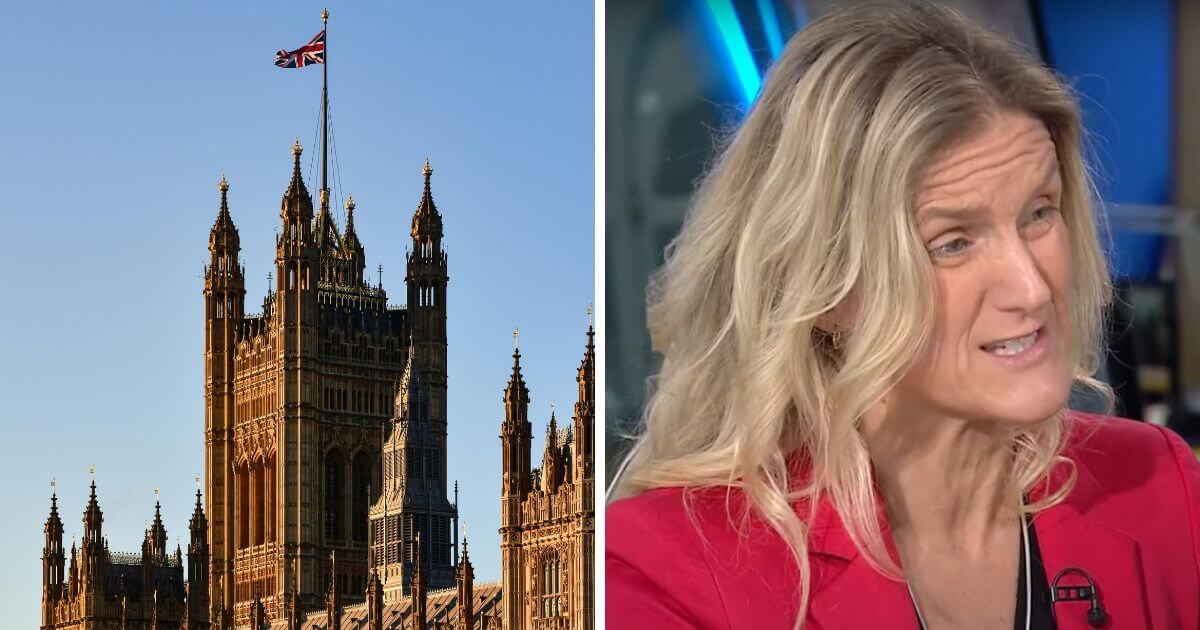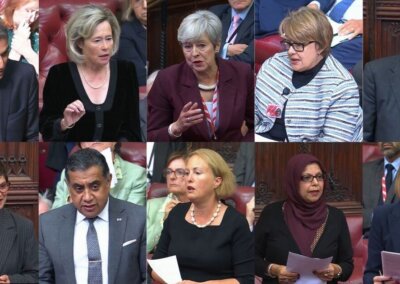The assisted suicide Bill would give “sweeping, unspecified and unjustified powers to the Government” while removing the scrutiny that such powers would require, according to a damning new House of Lords report.
Published by the House of Lords Delegated Powers and Regulatory Reform Committee ahead of Second Reading of the Terminally Ill Adults (End of Life) Bill in the House of Lords, the report has said the use of several delegated powers within the Bill is “highly inappropriate”.
Delegated powers allow the Government to make secondary legislation, usually in the form of Statutory Instruments (SIs), which require significantly less scrutiny than Acts of Parliament. These cannot be amended, and, in the case of the negative procedure, they usually become law automatically unless Parliament objects within a fixed period.
This means that many of the most important details in the Bill would not be openly debated by MPs and Peers. Instead, Government ministers could decide on them later with very little discussion at all, giving ministers sweeping powers and reducing the primary scrutinising role of Parliament to merely rubber-stamping major aspects of the operation of the law.
In the case of the assisted suicide Bill, the Committee stated that the delegated powers proposed within it would give “sweeping, unspecified and unjustified powers to the Government while removing Parliament’s scrutiny role for provision that should be in primary legislation, and replacing it with the considerably more limited role of scrutinising delegated legislation”.
The Committee reports that some of the provisions for delegated powers have so little detail written into the Bill that “there is insufficient detail or principle evident for proper Parliamentary scrutiny of the underlying policy”.
The Committee noted that this results in what is known as “skeleton legislation”, whereby a bill’s provisions are “so insubstantial that the real operation of the Act is, or sections of an Act, would be entirely by the regulations or orders made under it”.
Bill could allow ministers to create new criminal offences without Parliamentary debate
Provisions within clause 37 of the Bill, which relates to the regulation of approved substances, were noted by the Committee to be “particularly concerning”. They would allow for a series of provisions to be created that could give new powers to ministers, potentially including the creation of new criminal offences and penalties, the creation of new civil sanctions, the conferral of further powers to legislate, and the ability to amend primary legislation. All of this would take place without full Parliamentary scrutiny.
The ability to amend primary legislation without Parliamentary scrutiny is what is known as a Henry VIII clause. These are clauses in a bill that enable ministers to amend or repeal provisions in an Act of Parliament using secondary legislation, which is subject to varying degrees of parliamentary scrutiny.
The Bill’s justification for the use of such powers is that they are necessary “to respond in an agile way to currently unknown issues or products, or to respond to regulatory or safety concerns”. However, the Committee report states that the “problem with this is that because of the skeletal nature of the provision, it is rendered meaningless; all issues and products are unknown and no specific regulatory or safety concerns are evident, nor are the principles that might lead to an understanding of them”.
The report states that there would be “virtually no constraint on this power”, even extending to the ability to amend future primary legislation, and that “no justification is apparent” that would necessitate this. One example is Clause 22 of the Bill, which establishes independent advocates for vulnerable groups, such as people with learning disabilities or mental health conditions. While the Committee accepts that independent advocates are a central part of the policy, they note that the Bill does not place a clear duty in the legislation to ensure their presence; instead, it leaves this to be determined later by regulations, thereby circumventing the full and appropriate scrutiny of Parliament.
The Committee concludes that “any legal obligations to ensure the presence of an independent advocate for qualifying persons are a principal aspect of the policy” and therefore “should be subject to scrutiny during the passage of the Bill, and accordingly are set out on the face of the Bill rather than being left to regulations.” Simply put, MPs have not had the opportunity to fully satisfy themselves that a key safeguarding measure trumpeted by proponents of the Bill will be fit for purpose.
Bill allows for no scrutiny of “inherently dangerous” assisted suicide substances
The report also highlights that there is no inclusion in the Bill about what substances are to be approved to carry out assisted suicide, instead leaving them to be determined later by way of SIs subject to the negative procedure, meaning they would automatically become law without debate.
Due to the significant public interest in this Bill, the Committee stated that both Parliament and the public would like to know which substances were to be used, “given that they will be inherently dangerous and indeed necessarily lethal”.
The report gives examples of reasons why this kind of information should be specified in the Bill, for “if someone were to change their mind after ingesting the substance, parliamentarians and others would want to know whether the process was reversible and, if so, how”. In addition, information such as how “rapidly something works” and if there are “any other side effects from ingesting the substance before death occurs” is deemed to be important knowledge for those debating the Bill to be made aware of.
Spokesperson for Right To Life UK, Catherine Robinson, said “This is an important report that highlights just how unfit this legislation is to become law. The Bill was not adequately scrutinised in the House of Commons, and now a House of Lords Committee has warned that by relying so heavily on delegated powers, a lower standard of scrutiny is being applied to key aspects of the proposed law. Ministers are being given sweeping powers, and the requisite scrutiny for a bill of this magnitude is being circumvented”.
“This is a dangerous Bill in many regards, and it is imperative that Peers reject it in its entirety”.












